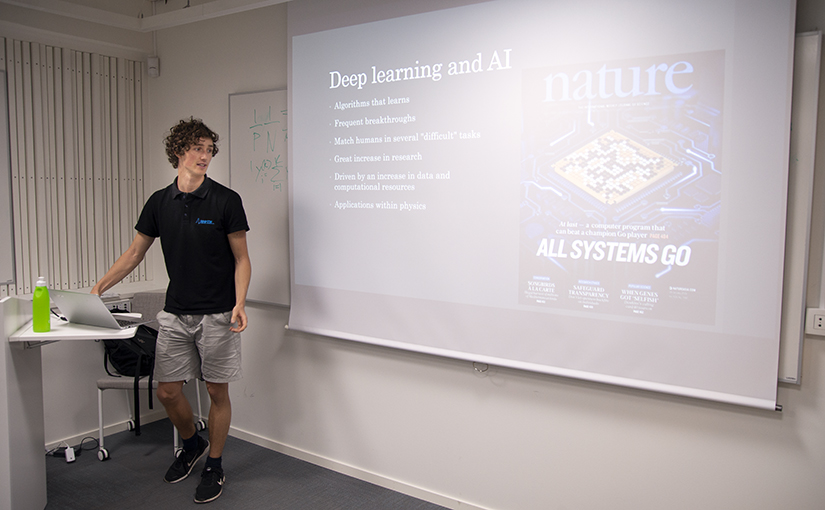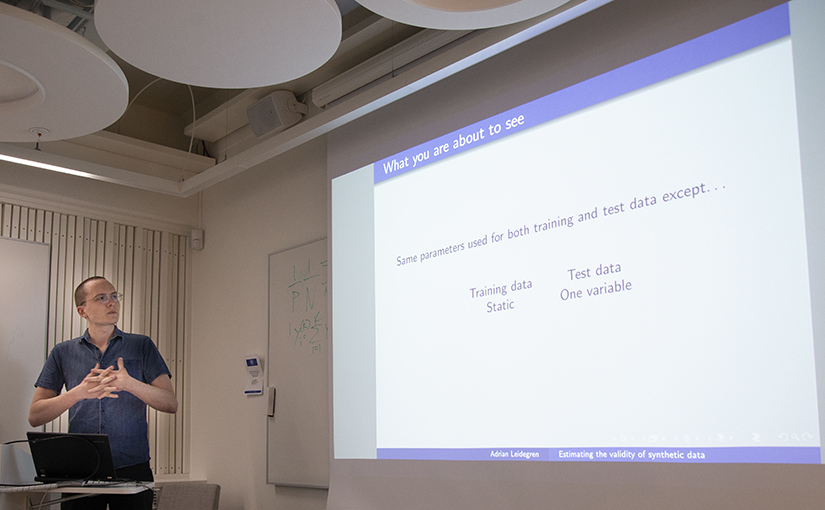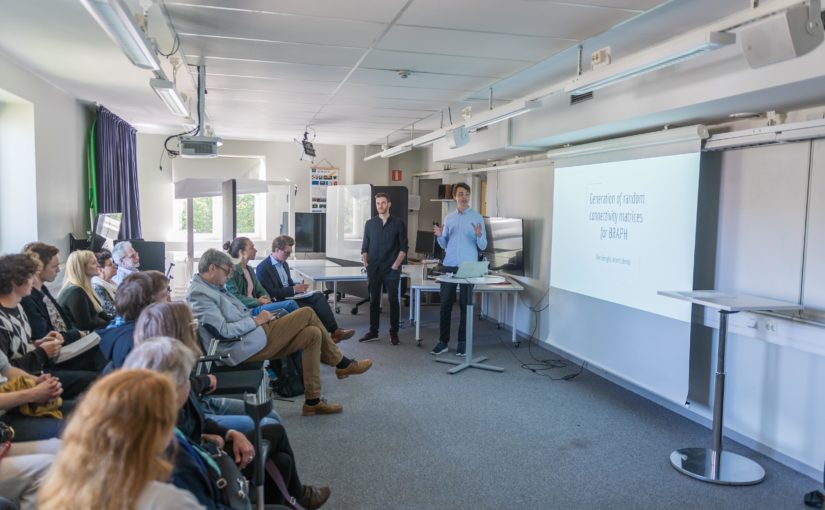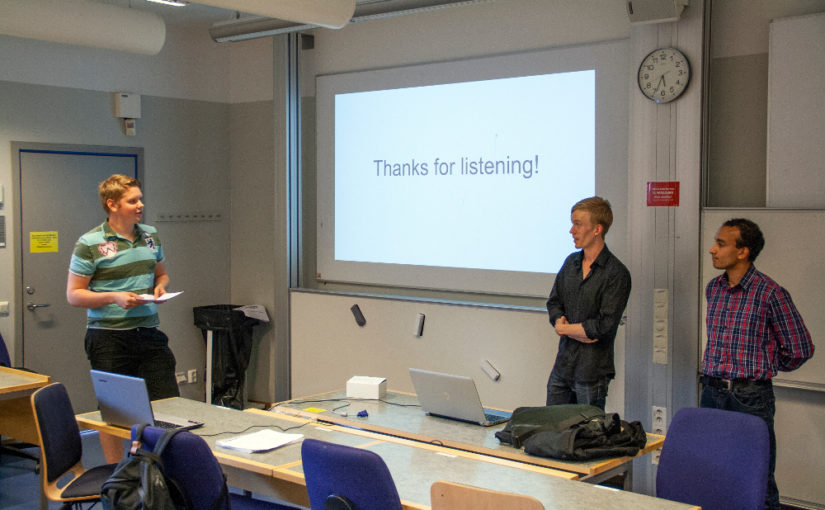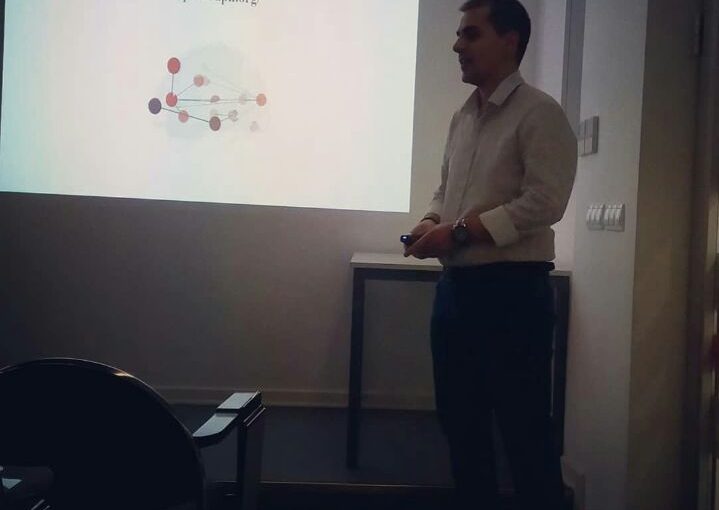Fatemeh Kalantarifard defended her PhD Thesis on 10 June 2019 in the Department of Physics Seminar Room SA-240 – Bilkent University.
Her Ph.D. Thesis Defense was live streamed on 10 June 2019 at 15:30 CEST in the Raven & Fox room.
Assoc. Prof. Ömer Ilday (UNAM, Bilkent University), Assoc. Prof. Alpan Bek (Middle-East Technical University), Assist. Prof. Burcin Ünlü (Bogazici University), Dr. Seymour Jahangirov (UNAM), Prof. Oguz Gülseren (Bilkent University) and Assist. Prof. Giovanni Volpe (Bilkent University) will be the thesis committee members.
Thesis title: Intra-cavity optical trapping with fiber laser
Thesis abstract: Standard optical tweezers rely on optical forces arising when a focused laser beam interacts with a microscopic particle: scattering forces, pushing the particle along the beam direction, and gradient forces, attracting it towards the high-intensity focal spot. Importantly, the incoming laser beam is not affected by the particle position because the particle is outside the laser cavity. Here, we demonstrate that intra-cavity nonlinear feedback forces emerge when the particle is placed inside the optical cavity, resulting in orders-of-magnitude higher confinement along the three axes per unit laser intensity on the sample. This scheme allows trapping at very low numerical apertures and reduces the laser intensity to which the particle is exposed by two orders of magnitude compared to a standard 3D optical tweezers. These results are highly relevant for many applications requiring manipulation of samples that are subject to photodamage, such as in biophysics and nano-sciences.
Thesis Advisor Giovanni Volpe, Department of Physics, Bilkent University
Place: Physics Department seminar room (SA240), Bilkent University
Time: 10 June, 2019, 16:30 TRT (Turkey Time)
LIVE STREAMING:
Place: Meeting room Raven & Fox, Gothenburg University
Time: 10 June, 2019, 15:30 CEST
